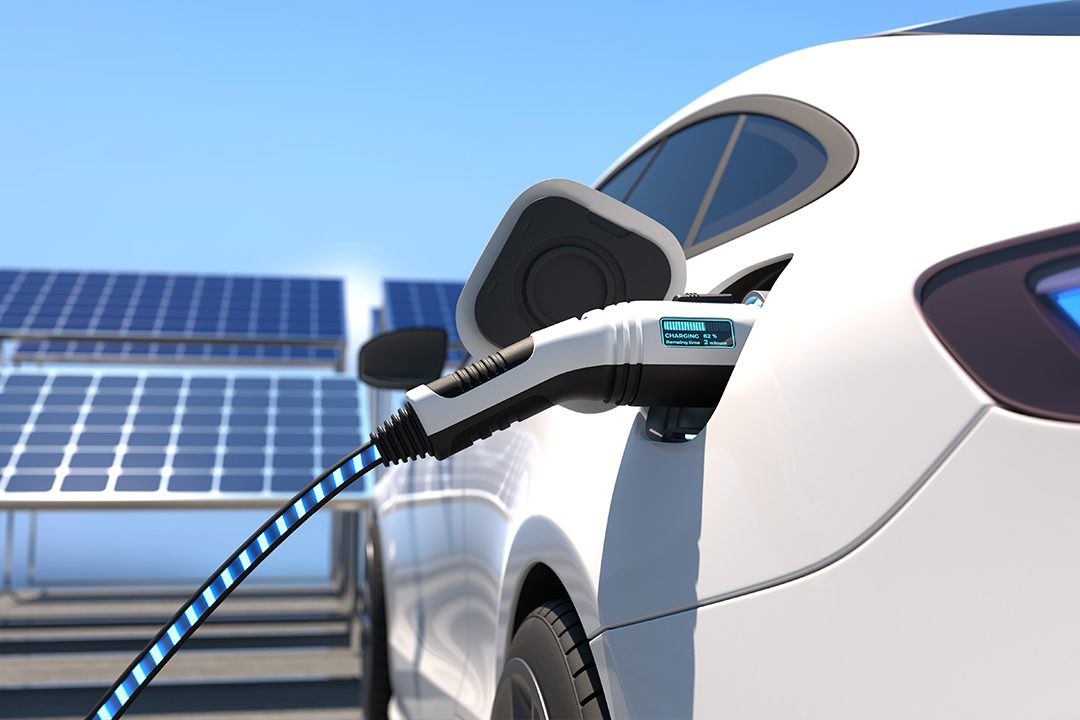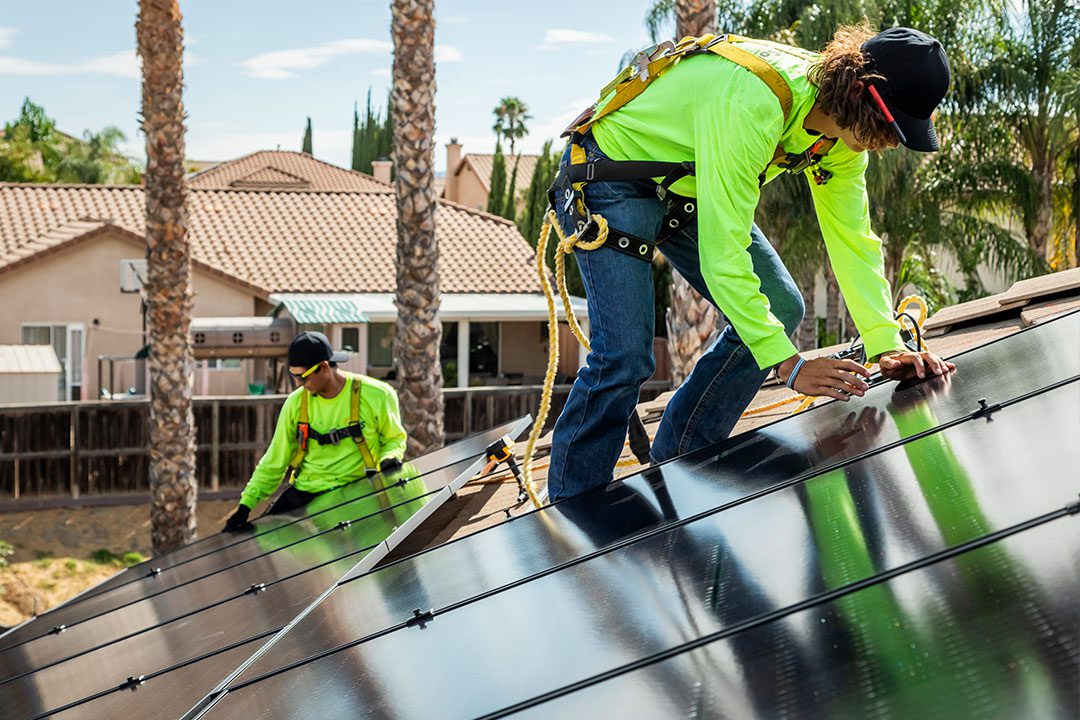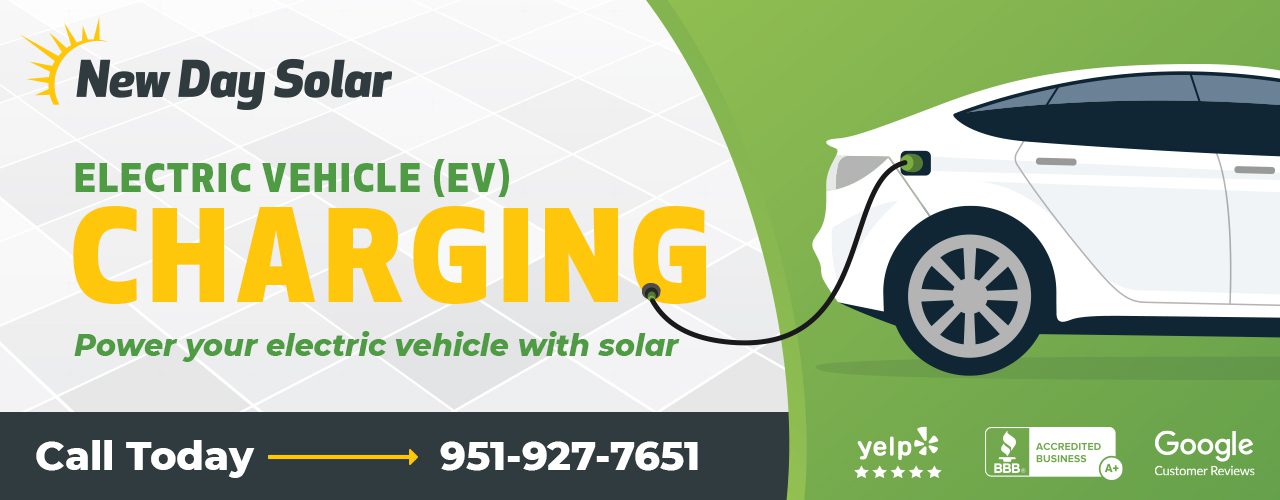How Many Solar Panels are Required to Charge an Electric Vehicle (EV)?

As electric vehicles (EVs) continue to gain popularity, more and more owners are looking for sustainable ways to charge their cars.
One solution that has been gaining traction is the use of solar panels to power EV charging stations. In this resource, we’ll explain the intricacies of understanding the solar system requirement for charging an electric vehicle.
Solar Power Basics
Explanation of Solar Panels and Their Function
Solar panels are devices that convert sunlight into electricity through photovoltaic cells. These panels are typically installed on rooftops or open areas where they can capture the maximum amount of sunlight. When sunlight hits the panels, the photons in the light are converted into electrons, generating a flow of electricity.
This electricity can then be used to power various devices, including electric vehicles.
Benefits of Utilizing Solar Energy for Charging
There are numerous benefits to utilizing solar energy for charging electric vehicles. Firstly, it is a renewable energy source, meaning that it is sustainable and environmentally friendly. By using solar power to charge your EV, you can reduce your carbon footprint and contribute to a greener future.
Additionally, utilizing solar energy can help reduce the overall cost of charging your EV, as you are generating your electricity rather than relying solely on the grid.

Determining the Number of Solar Panels Needed
When it comes to determining the number of solar panels needed to charge an electric vehicle, several factors come into play. One of the primary considerations is the energy consumption of the electric vehicle itself.
Understanding how much energy your EV requires for charging will help you calculate the number of panels needed to meet this demand.
Average Electricity Requirements for Electric Vehicles
Per the U.S. Department of Transportation, the average American drives approximately 13,476 miles yearly, which is equivalent to 36.92 miles per day. Based on the energy consumption of an average electric vehicle (EV), a residential EV charger would require around 11.8 kWh daily to charge the vehicle and restore the distance covered.
In other words, this amounts to roughly
- 11.8 kWh per day
- 353.3 kWh per Month
- 4,310.65 kWh per Year
If the average electricity rate in California is $0.33 / kWh, your vehicle charging costs could end up being $120/mth or $1500 annually.
Factors to Consider When Calculating Panel Requirements
In addition to the energy consumption of the electric vehicle, other factors that need to be taken into account when calculating the panel requirements include the efficiency of the solar panels, the amount of sunlight your location receives, your average daily solar use for your home, and the capacity of the battery storage system to store excess energy generated by the panels.
If the average solar panel produces 2 kilowatt-hours (kWh) of electricity daily, you may need 8-10 additional panels added to your system to account for charging your EV in addition to your regular solar power usage.
Every system is different, so it’s best to have a solar contractor like New Day Solar help you calculate the exact energy needs of your home.

Charging Your Electric Vehicle
Charging an electric vehicle with solar power offers a sustainable and cost-effective way to power your car. There are various methods available for charging your EV using solar energy, ranging from installing a dedicated home solar charging system to utilizing battery storage from your solar system’s excess energy.
Installing a Home Solar Charging System
To maximize the benefits of charging your electric vehicle with solar power, you can consider installing a home solar charging system specifically designed to meet the energy demands of your EV.
This involves setting up a solar panel array on your property, connecting it to a home battery storage system, and installing an EV charger that can be powered by solar energy.
By utilizing a home solar charging system, you can enjoy the convenience of charging your EV at home while also harnessing the benefits of sustainable solar power.
Advantages of Solar Charging
When it comes to charging electric vehicles, utilizing solar power offers a range of advantages that go beyond just convenience. Let’s delve into some of the key benefits that come with incorporating solar panels into the charging process.
Cost Savings and Environmental Benefits
One of the standout advantages of using solar panels to charge your electric car is the potential for cost savings and environmental benefits. By harnessing solar energy, you can significantly reduce your electricity costs over time.
Additionally, solar power is a clean and renewable energy source that helps to lower greenhouse gas emissions, making it a more sustainable choice for powering your electric vehicle.
Increasing Energy Efficiency with Solar Panels
Integrating solar panels into your EV charging setup can also lead to increased energy efficiency. By generating your electricity from the sun, you can minimize the reliance on traditional grid power, which is often produced using non-renewable resources.
This shift towards solar power not only enhances the efficiency of your charging process but also contributes to a greener energy ecosystem.

As technology advances and the demand for sustainable transportation solutions continues to rise, the future looks promising for solar-powered electric vehicles.
Innovations in solar panel efficiency, battery storage capabilities, and charging infrastructure are set to further enhance the viability and popularity of solar charging systems for EVs. With ongoing developments in this space, we can expect to see a growing adoption of solar power as a primary source for charging electric vehicles, paving the way for a cleaner and more sustainable automotive industry.
To take the next step towards embracing clean and efficient transportation, consider scheduling an inspection of your solar system with New Day Solar. Our experienced technicians can assess the compatibility and capacity of your existing solar setup to support EV charging. With our expertise, we can determine if your solar array is optimized to meet the energy needs of your electric vehicle, ensuring seamless integration and maximum efficiency.
Don’t miss out on the opportunity to harness the power of the sun to fuel your electric vehicle. Contact us today to schedule an inspection and embark on the journey towards sustainable transportation powered by solar energy. Let’s work together to drive towards a greener, brighter future.
Filed Under:
have questions?
Schedule a consultation
Find out more with an honest, no pressure consultation
with our team of solar experts.